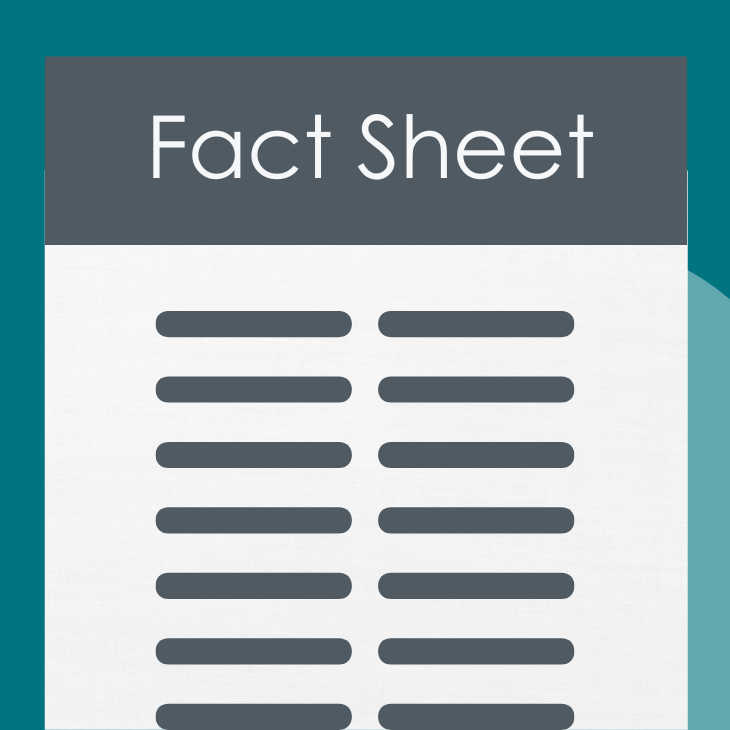
Created 2014/Revised 2023
What is IVM?
In vitro maturation (IVM) is when eggs are collected and matured outside the body. This is done as part of an in vitro fertilization (IVF) procedure. Eggs (also called oocytes) are formed inside a developing fetus’ ovaries before birth. These eggs stay in a resting state in the ovaries until puberty, when normal hormonal changes cause an egg to mature (develop) and be released each month. During IVF, medications called “gonadotropins” result in more than one egg maturing at the same time. These eggs are then collected before they are released from the ovary and are then placed with sperm in the laboratory in hopes of fertilization. In some cases, some or all of the oocytes (eggs) that are collected are not mature and ready to be fertilized. In years past, these eggs were not able to be used for IVF. Advances in science are beginning to allow embryologists to take these immature eggs and sometimes “ripen” them in vitro (in the laboratory). This is called IVM.
Are women undergoing IVM required to take injectable medicines to induce ovulation?
In the strictest type of IVM, no medications are given to stimulate additional eggs to grow; immature eggs are taken from unstimulated ovaries. However, in a modified IVM cycle, low-dose injectable medications may be given.
What is the purpose of using medicine to stimulate the ovary for IVM?
In recent clinical studies, low-dose ovarian stimulation for removal of immature eggs may yield more eggs and improve the lining of the uterus to receive the embryo.
Why use IVM?
To prevent ovarian hyperstimulation syndrome (OHSS) IVM may be considered for women with polycystic ovary syndrome (PCOS) or PCO- like ovaries. These women are at greatest risk of OHSS. OHSS is an exaggerated response to medicines used to induce ovulation, especially after the use of injectable gonadotropin agents when hCG is used for final follicular maturation (for more information about OHSS, see the ASRM patient fact sheet titled Ovarian hyperstimulation syndrome [OHSS]). However, using different medication for final follicular maturation called leuprolide (GnRH agonist) instead of hCG greatly reduces this risk and can be used as an alternative to IVM.
In cancer patients
IVM may also be appropriate when waiting for fully mature eggs is not possible before cancer treatment begins. Another proposed application is in patients with estrogensensitive cancers. IVM may avoid or minimize the additional estrogen production that is seen with conventional ovarian stimulation. However, antiestrogen medications are also available during more traditional stimulation for mature oocyte cryopreservation while may ultimately result in a higher chance of successful pregnancy in the future.
Are there any benefits to IVM?
IVM requires less medication than conventional IVF and lowers the immediate cost of treatment; however, the pregnancy rates are also lower, so it is unclear whether IVM is more cost-effective and it is not widely available. An IVM cycle also takes less time.
Is IVM available today?
It is becoming more available, although pregnancy rates are lower in most cases. There may be certain groups of women who have equal success rates.
Would IVM benefit all infertile women?
At the present time, it appears that women who ovulate normally are not as successful with IVM than with conventional IVF. Research in this area is ongoing. Talk to your doctor to find out if IVM may be right for you.
Fact Sheets/Booklets
View more fact sheets and booklets written by the ASRM Patient Education Committee.
Menopausal Transition (Perimenopause): What Is It?
The menopausal transition (perimenopause) is the period that links a woman’s reproductive (childbearing) years and menopause.
Osteoporosis
Osteoporosis and osteopenia are conditions of having low bone mass (density).
Hyperprolactinemia (High Prolactin Levels)
Prolactin is a hormone produced by your pituitary gland which sits at the bottom of the brain.
Optimizing Natural Fertility
Before attempting pregnancy, a woman should make sure she is healthy enough for pregnancy by adopting a healthier lifestyle and taking prenatal vitamins. If she has a medical or genetic condition or risk of one, she should seek advice from a medical professional before conceiving (becoming pregnant)In Vitro Fertilization (IVF)
Find a Health Professional











